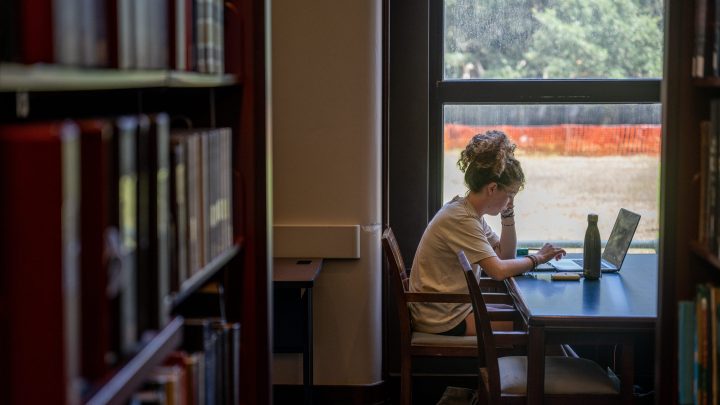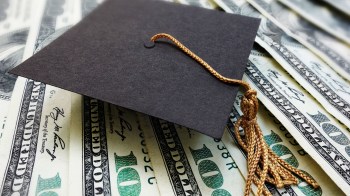
As student loan payments restart, borrowers feel the pinch. The economy might too.
As student loan payments restart, borrowers feel the pinch. The economy might too.

It has been looming for months as a threat to the economy, and now it’s here. Payments on federal student loans resumed Sunday after a three-year “pause” — and so did the accrual of interest on those loans.
The worry is that switching them back on will be a rude awakening to consumers, who’ve been spending pretty freely for the past couple of years.
Millions of borrowers will have payments due this month. What does that mean for consumer spending?
Some 43 million Americans have student loan debt. But many millions don’t. So, the impact on consumer spending might not be that big, said Sarah Foster, an analyst with Bankrate.
“This might just be an instance of the broader economy maybe not taking a hit because of student loan payments, but a significant portion of the population feeling some pain on top of pain that they’ve already been feeling from inflation and rising interest rates,” Foster said.
In other words, these payments probably won’t tip us into a recession … but millions of Americans will feel and think about the financial pinch, said Shannon Seery, an economist at Wells Fargo.
“This is a monthly obligation, right, that households are now going to have to undertake in terms of, they see the amount that’s going out every month directed towards their student debt,” Seery said.
“It’s more of a drain on the mental side because you can’t exhale and just be,” said Curtis Chambers, a financial coach in Boston who owes about $45,000 on his college degree. That comes out to about $200 a month in payments, which is gonna cut into his leisure budget.
“I like to get massages. I like to go with my daughter and get manicures and pedicures. We like to go out to eat,” Chambers said.
Maybe, he said, that self-care spending will happen once a month now instead of twice.
And if enough student loan borrowers cut back on massages and mani-pedis, that could help the Federal Reserve restrain the economy, Seery of Wells Fargo said.
“It is possible this could help them in terms of slowing inflation,” Seery said.
But it is certain to leave student loan borrowers with less money. Steven Tanzi of Barre, Vermont, just made his first-ever payment on his loans after graduating during the pandemic. He also recently replaced his broken computer and dropped $1,000 on car repairs.
“If I went to the mechanic and they said, ‘Oh, you need another $500 worth,’ I’d be in a very tight situation right now because after, you know, all this other money that got spent, I just don’t have that much,” Tanzi said.
With that $75 monthly payment, he said, there’s just no wiggle room in his budget.
There’s a lot happening in the world. Through it all, Marketplace is here for you.
You rely on Marketplace to break down the world’s events and tell you how it affects you in a fact-based, approachable way. We rely on your financial support to keep making that possible.
Your donation today powers the independent journalism that you rely on. For just $5/month, you can help sustain Marketplace so we can keep reporting on the things that matter to you.
















